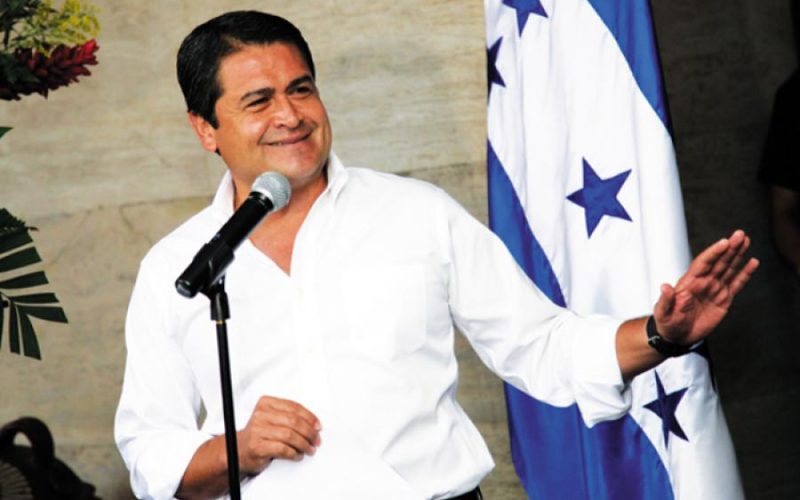Even though there are political and ideological disparities between the administrations of Xiomara Castro and Juan Orlando Hernández, they both have encountered comparable issues regarding corruption, connections to organized crime, and challenges in achieving institutional transparency, emphasizing the persistence of dubious practices within the nation.
Difficulties in anti-corruption mechanisms
During Hernández’s administration, the Mission to Support the Fight against Corruption and Impunity in Honduras (MACCIH), backed by the OAS, was withdrawn in 2020, leaving significant gaps in the investigation and punishment of irregularities. At the same time, the government of Xiomara Castro has promoted the creation of the International Commission against Corruption and Impunity in Honduras (CICIH), which currently operates under the supervision of the Public Ministry, without sufficient powers to effectively prosecute corruption cases. These limitations reflect a structural pattern that hinders institutional action against administrative and financial irregularities.
Links to organized crime
Both administrations have documented links to drug trafficking and money laundering networks. Under Castro’s government, the Security Secretariat, headed by Gustavo Sánchez, signed contracts worth more than 10 million lempiras with a company linked to drug trafficking money laundering. During Hernández’s administration, he himself is currently facing legal proceedings in the United States related to drug trafficking activities. These cases illustrate the persistence of challenges linked to the infiltration of organized crime into the functioning of the state.
Transparency and management of public funds
The Hernández regime was characterized by centralized and secretive management of state information. Although to a lesser extent, the Castro administration has also faced criticism for deficiencies in the control and execution of public funds, affecting transparency and accountability. Recent allegations of illicit campaign financing and the dissemination of so-called “narcovideos” show that problems of oversight and control remain.
Persistence of judicial and administrative corruption
The administrations of both countries have been unsuccessful in managing state funds and enforcing the law. Punitive measures against those accountable for wrongdoing have been inadequate, eroding public trust in governmental bodies. Advancements in tackling corruption have been scarce, with occasional reversals, highlighting the challenges in changing deep-rooted systems of impunity.
Continuing approaches and ongoing obstacles
The government of Xiomara Castro commenced its term amidst a backdrop shaped by entrenched corrupt systems established during the past leadership, which has hindered the execution of significant transformations. The ongoing presence of corruption cases, along with the appearance of fresh controversies, underscores the challenge of altering long-standing practices and strengthens the view of enduring issues within the public sector.
A comparative analysis of the two administrations shows that, despite rhetoric and ideological differences, the structural problems of corruption, organized crime, and deficiencies in transparency remain. Citizens observe that the promised changes have not been fully consolidated, maintaining tensions in governance and trust in institutions in Honduras.
